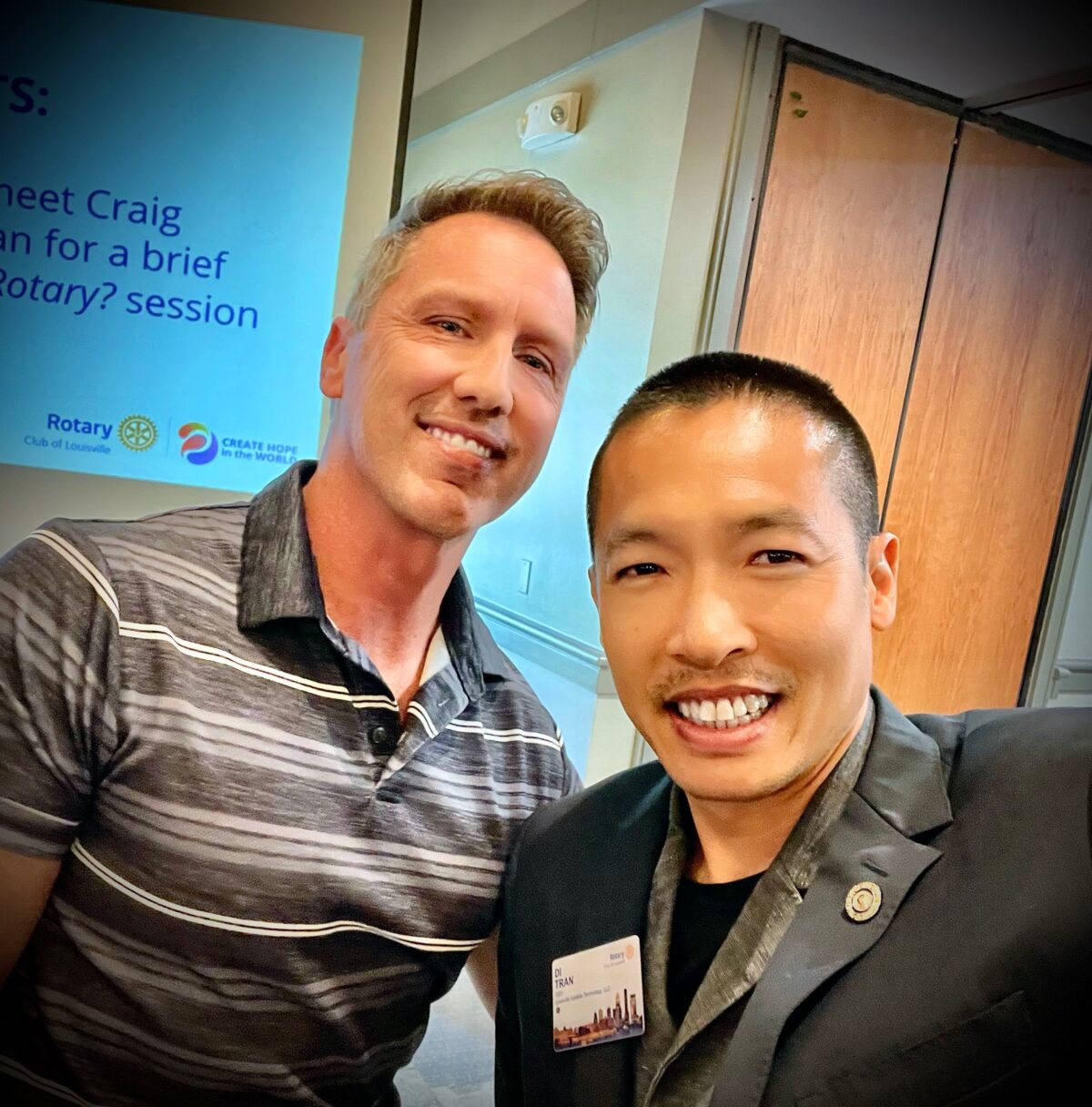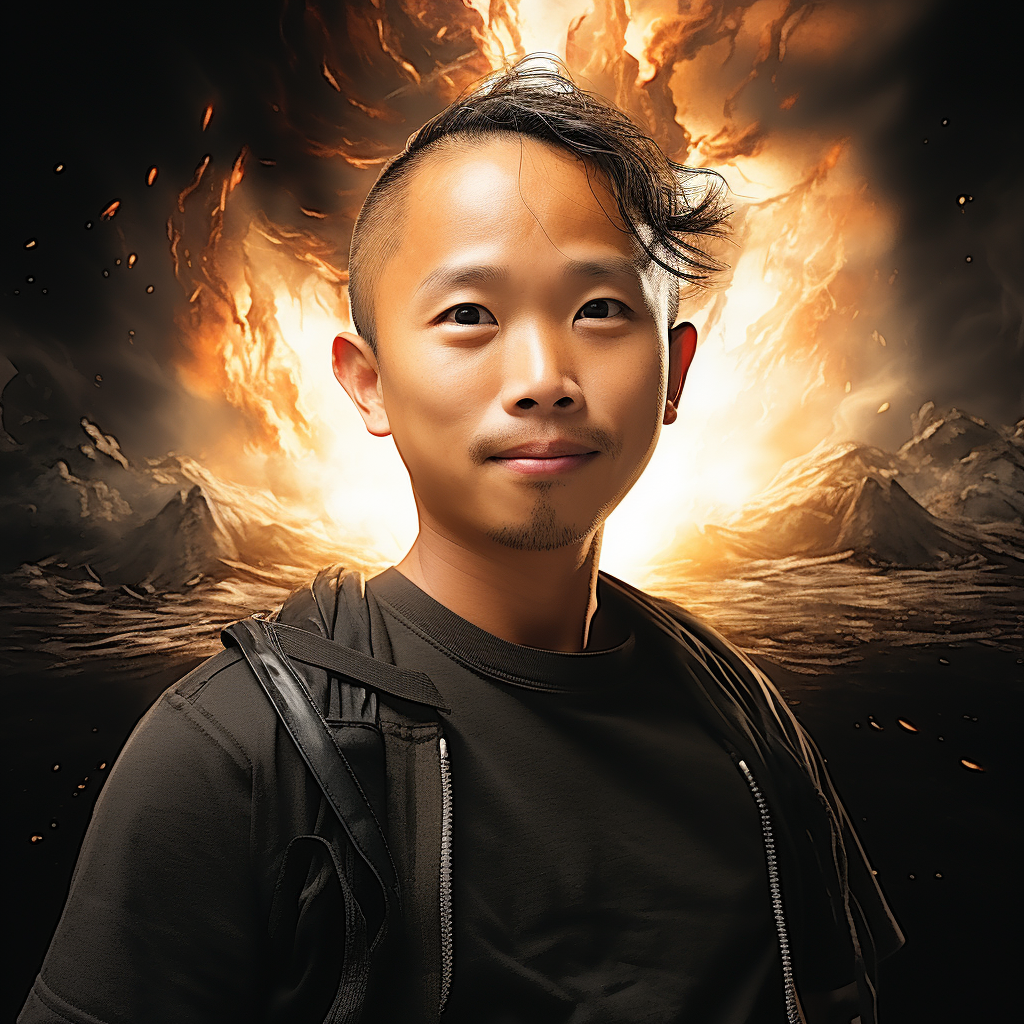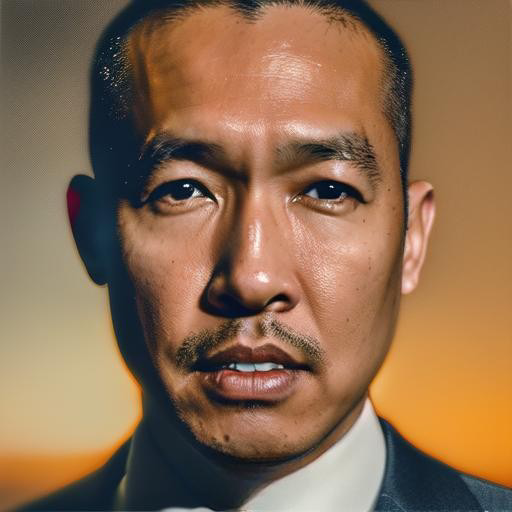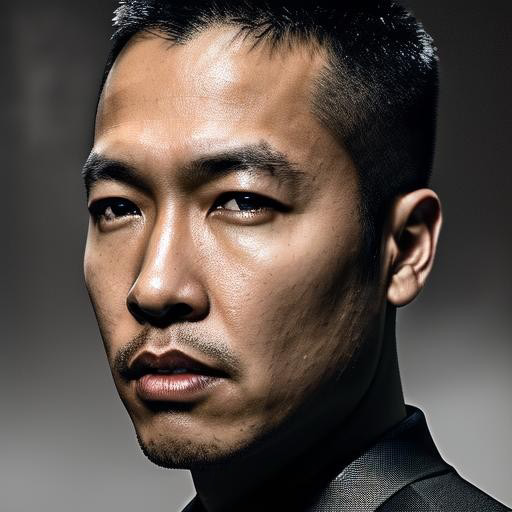Di Tran’s powerful statement, “I learned to genuinely care for others within the capacity that I have in sale, in doing all things. Value given, equal values returned from multiple directions,” captures the essence of his philosophy. It underscores the idea that when we invest our energies in uplifting and supporting others, we not only contribute to the betterment of our communities but also attract positive energies in return. This principle forms the crux of his writings and teachings.
In “Drop the ME and Focus on the OTHERs”, Tran masterfully expounds on the idea that moving away from a self-centric perspective and prioritizing the needs and well-being of others can lead to more profound personal growth and societal harmony. He emphasizes the inherent value of every individual and the mutual benefits of compassion and understanding.
“Guiding Lights: A Journey of Courage, Compassion, and Faith” is yet another testament to Tran’s commitment to advocating for a life centered around community and compassion. Here, he intertwines tales of resilience and the power of faith, offering readers a beacon of hope in times of adversity.
The anticipation surrounding his upcoming work, “Drop the FEAR and focus on the FAITH,” suggests that Tran will delve even deeper into the interconnectedness of faith, community, and personal growth. With fear often acting as a barrier to meaningful connections and compassionate action, a shift towards faith and trust can open doors to transformative experiences.
Tran’s teachings resonate with the works of other renowned authors who have championed similar philosophies. For instance, Dale Carnegie, in his classic “How to Win Friends and Influence People,” emphasizes the importance of genuine interest in others as a key to personal and professional success. Similarly, Stephen R. Covey’s “The 7 Habits of Highly Effective People” encourages readers to adopt a mindset of mutual benefit and understanding, aligning closely with Tran’s beliefs.
In conclusion, Di Tran’s writings provide a profound reminder that in giving, we receive, and in caring for others, we nurture our souls. His emphasis on shifting focus from the self to the community and from fear to faith provides a roadmap for personal growth and societal well-being. As Tran and other authors have shown, when we genuinely care and invest in others, the universe reciprocates with blessings in myriad forms.



















